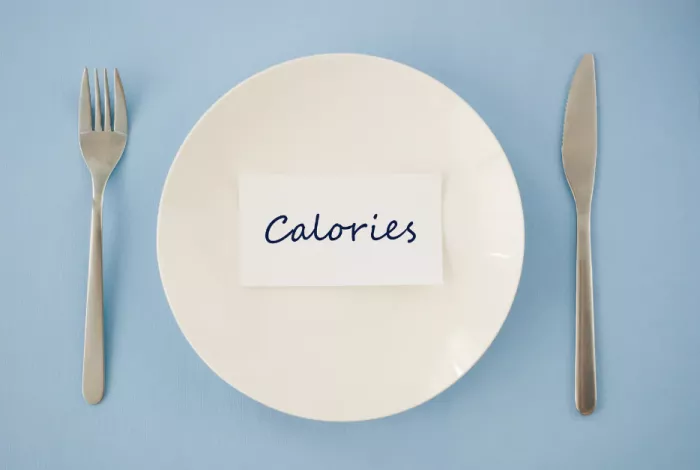Breastfeeding is a special time for mothers and their babies. It is crucial for the baby’s growth and development. For nursing mothers, understanding their calorie needs is important. Eating the right amount of calories helps ensure both mother and baby stay healthy. This article will discuss how many calories nursing mothers need, the importance of a balanced diet, and tips for healthy eating while breastfeeding.
Understanding Caloric Needs During Nursing
When a woman is pregnant, her body goes through many changes. She needs extra calories to support her growing baby. After giving birth, these needs continue. Nursing mothers require more calories than women who are not breastfeeding.
Generally, nursing mothers need about 300 to 500 extra calories each day. This can vary depending on several factors, including the mother’s weight, activity level, and how often she breastfeeds.
The average breastfeeding mother typically needs about 1,800 to 2,200 calories a day. However, some may need more, especially if they have a higher activity level.
Why Extra Calories Are Important
Extra calories are important for several reasons. First, they help produce milk. Breast milk is made up of various nutrients. These nutrients come from the mother’s diet. If the mother does not consume enough calories, the quality of her milk may suffer.
Second, extra calories help mothers maintain their energy levels. Caring for a newborn can be exhausting. Without enough calories, mothers may feel fatigued and overwhelmed.
Lastly, a well-balanced diet helps mothers recover from childbirth. After giving birth, a woman’s body needs time to heal. Eating enough calories can support this healing process.
Factors That Affect Caloric Needs
Several factors can influence how many calories a nursing mother needs.
Weight
A woman’s weight before and during pregnancy plays a role. If a mother was underweight before pregnancy, she might need more calories. Conversely, if she was overweight, her caloric needs may be slightly lower.
Activity Level
A mother’s activity level also affects her caloric needs. If she is very active, she will require more calories. This includes exercise and daily tasks.
Age
Younger mothers may have higher caloric needs than older mothers. This is because younger women often have higher metabolic rates.
Milk Supply
The more milk a mother produces, the more calories she may need. This can vary based on how often the baby feeds.
What Should Nursing Mothers Eat?
It is not just about calories. The quality of food matters too. A balanced diet is crucial for both the mother and baby. Here are some important food groups that nursing mothers should include in their diet:
Fruits and Vegetables
Fruits and vegetables are packed with vitamins and minerals. They also provide fiber, which is essential for digestion. Aim for a variety of colors to get a wide range of nutrients.
Whole Grains
Whole grains are a great source of energy. They provide carbohydrates, which are the body’s main fuel source. Foods like whole grain bread, brown rice, and oats are excellent choices.
Protein
Protein is essential for repairing tissues and producing milk. Good sources include lean meats, fish, eggs, beans, and nuts. Nursing mothers should aim for two to three servings of protein each day.
Healthy Fats
Healthy fats are important for brain development in babies. Sources include avocados, nuts, seeds, and olive oil. These fats also help keep mothers feeling full.
Hydration
Staying hydrated is vital for milk production. Nursing mothers should drink plenty of water throughout the day. Herbal teas and milk can also contribute to hydration.
Tips for Healthy Eating While Nursing
Eating healthy while nursing can be challenging, especially for new mothers. Here are some practical tips to make it easier:
Plan Meals Ahead
Planning meals ahead of time can save time and stress. Choose simple recipes that are quick to prepare. Consider making larger portions to have leftovers for busy days.
Keep Healthy Snacks Handy
Nursing mothers often feel hungry between meals. Keeping healthy snacks within reach can help. Consider options like yogurt, fruit, nuts, or whole grain crackers. These snacks provide energy and nutrients.
Listen to Your Body
It is important to listen to your body’s hunger signals. If you feel hungry, it is okay to eat. Try to choose healthier options when possible.
Avoid Empty Calories
Try to limit foods that are high in sugar and unhealthy fats. These foods can provide extra calories without the nutrients needed for breastfeeding.
Seek Support
If you are unsure about your diet, consider seeking support. A registered dietitian can help you create a balanced meal plan.
Conclusion
Nursing mothers have unique dietary needs. Understanding how many calories to consume is crucial for maintaining energy and producing quality milk. Generally, 300 to 500 extra calories are recommended. However, this can vary based on individual factors.
Eating a balanced diet with a variety of foods is essential. Focus on fruits, vegetables, whole grains, protein, and healthy fats. Staying hydrated is equally important.
By planning meals and listening to your body, nursing mothers can meet their caloric needs while enjoying their special time with their babies. Remember, the goal is to nourish both yourself and your baby.
Related topics:


